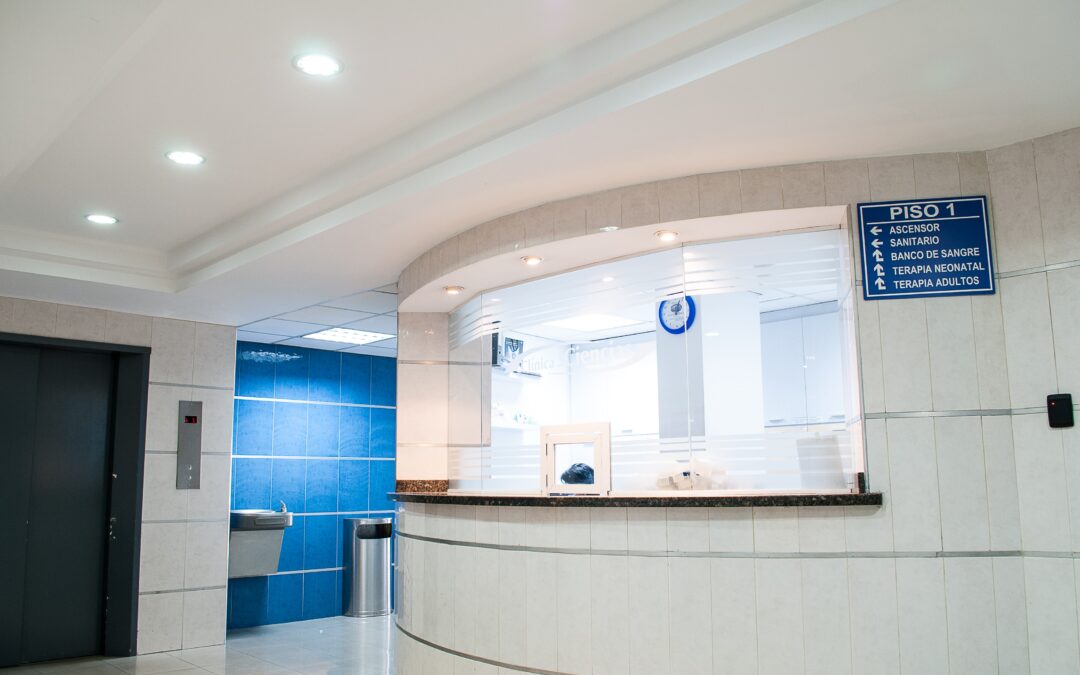When it comes to recovery from addiction, there is no one-size-fits-all approach. One treatment program that may be right for someone in recovery from substance abuse issues is partial hospitalization. This type of program offers the supportive structure and quality of care of an inpatient facility while allowing more freedom than residential or inpatient programs.
We cover the basics of partial hospitalization and discuss how such a program could fill a critical gap in the addiction recovery continuum. We’ll look into how to get started with partial hospitalization, as well as what you can expect during your stay at a PH treatment center and beyond.
What is Partial Hospitalization and Who is it Suitable For
A partial hospitalization is a form of mental health treatment that is ideal for individuals who require intensive support to manage their symptoms but do not need to stay overnight in a hospital. This type of program is designed to provide a safe and structured environment where patients can receive medical and therapeutic care, while still being able to return home each day.
Partial hospitalization is suitable for those who may be experiencing severe depression, anxiety, or other mental health issues but do not require the level of care provided in a full-time hospital setting. It is also a good option for those who have completed an inpatient program or have stabilized sufficiently after a hospital stay but still require ongoing support.
Ultimately, the goal is to help individuals manage their symptoms, develop coping skills, and achieve greater independence in their daily lives.
The Benefits of Partial Hospitalization for Addiction Treatment
The benefits of this approach are many, including the ability to receive intensive care and support while still maintaining some level of independence and autonomy outside of the hospital environment. This can be particularly helpful for individuals who are looking to reintegrate into society after completing their treatment program, as it provides a safe and supportive environment in which to do so.
Additionally, partial hospitalization programs tend to be more affordable than full inpatient programs, making them a popular choice for those who may not have the financial resources to cover the cost of longer-term care. All in all, partial hospitalization can be an effective and helpful approach for those struggling with addiction, and it’s worth considering for anyone seeking treatment.
The Step-by-Step Guide to Partial Hospitalization
Heading to a partial hospitalization program can be a crucial step in the recovery process. With structured and intensive treatment, this program can aid individuals in transitioning from acute care to the community. The process of partial hospitalization may seem intimidating, but having a step-by-step guide can help make the journey smoother.
Assess your needs
Before starting a partial hospitalization program, it is important to assess what kind of treatment and support you need. Speak with your addiction specialist or doctor about the best options for you and your recovery goals.
Find a suitable program
Once you have assessed your needs, it’s time to look for a program that fits those needs. Make sure to do your research and find a facility and program that is the best fit for you.
Prepare yourself
Before beginning your partial hospitalization, it’s important to make sure that you are prepared both mentally and physically for the journey ahead. This includes knowing what to expect, developing effective coping strategies, and having a strong support network in place.
With a team of skilled professionals, patients of partial hospitalization can work towards achieving their mental health goals in a supportive environment.
Overview of a Typical Day in a Partial Hospitalization Program
A typical day in such a program often begins with a structured group therapy session to help patients process emotions and develop coping skills. Throughout the day, patients attend individual therapy sessions, medication management appointments, and additional group sessions, such as art therapy or mindfulness exercises.
Meals are typically provided, and patients may also have the opportunity to participate in recreational activities or take advantage of additional services such as occupational therapy or case management. With a focus on both treatment and skill-building, a partial hospitalization program can provide a supportive and structured environment for those working toward mental health recovery.
The Role of Counseling in a Partial Hospitalization Program
One critical component of PHPs is counseling. Counseling in a PHP helps patients address the root causes of their mental health challenges and develop the tools and strategies they need to manage their symptoms effectively.
This kind of support is particularly helpful for patients who may have experienced trauma, chronic stress, or other difficult life events that contribute to their mental health concerns. By providing a safe, supportive environment where patients can explore their thoughts and emotions, counseling in a PHP can be a critical step on the path to greater well-being.
Contact Evolve Indy Today
With its structure and support, individuals in a partial hospitalization program can maximize their recuperation and develop healthy habits to better manage their issues. These addiction treatment programs are designed to help individuals make a positive transformation in their lives and ensure long-term success.
If you or anyone you know may be considering this kind of program, it is pertinent to look into the details offered by Evolve Indy and the large variety of benefits that come with it.
They are dedicated not only to creating safe spaces for recovery but also focus on providing the best quality care throughout the process of rehabilitation. Contact Evolve Indy today for more information or if you have any questions regarding partial hospitalization programs.

